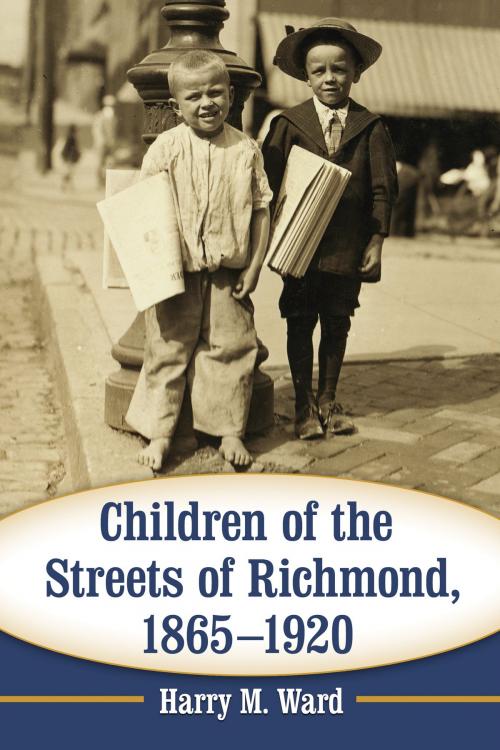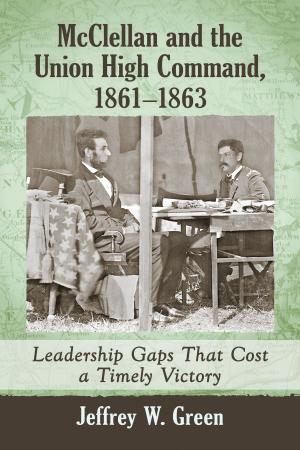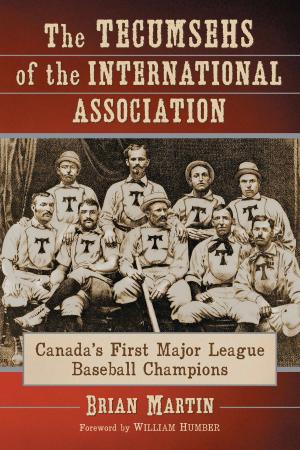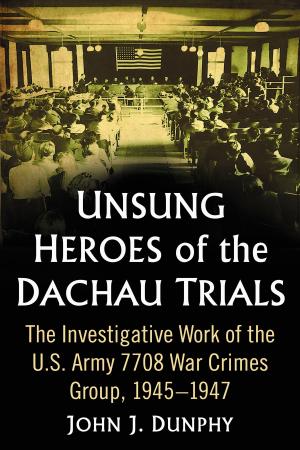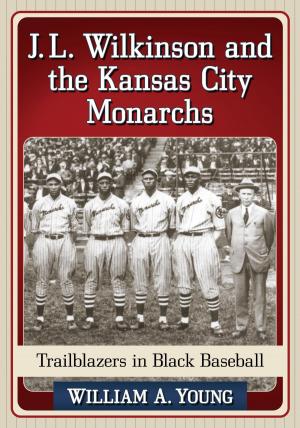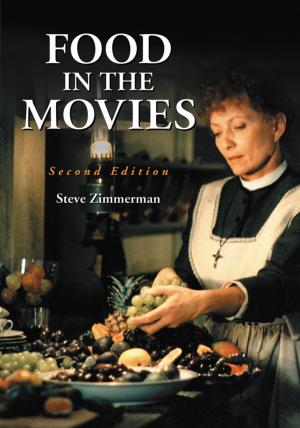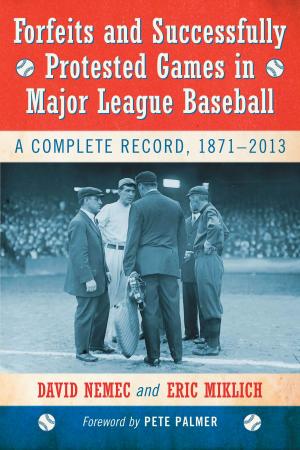Children of the Streets of Richmond, 1865-1920
Nonfiction, History, Americas, United States, Social & Cultural Studies, Social Science| Author: | Harry M. Ward | ISBN: | 9781476619965 |
| Publisher: | McFarland & Company, Inc., Publishers | Publication: | May 23, 2015 |
| Imprint: | Language: | English |
| Author: | Harry M. Ward |
| ISBN: | 9781476619965 |
| Publisher: | McFarland & Company, Inc., Publishers |
| Publication: | May 23, 2015 |
| Imprint: | |
| Language: | English |
Richmond in the late 19th century was not the genteel peaceful community historians have made it. Virginia’s capital was cosmopolitan, boisterous and crime-ridden. From 1905 to 1915 there was an official red light district. The police had their hands full with drunks and riffraff, and a variety of street urchins and waifs—most of whom were very poor—found themselves on the wrong side of the law. The juvenile delinquents of Richmond—some barely out of infancy—were held accountable in the Police Court. A juvenile court system was not established until 1916. Presiding over the Police Court for 32 years was Justice John Jeter Crutchfield who, though unlearned in the law, functioned like a biblical Solomon but with great showmanship. The Police Court attracted many tourists and some of Virginia’s literary figures cut their teeth writing newspaper coverage of the proceedings, vying with each other for the most hilarious slant. What emerges from the public record is an amusing and touching picture of what life was really like in the post–Reconstruction urban South.
Richmond in the late 19th century was not the genteel peaceful community historians have made it. Virginia’s capital was cosmopolitan, boisterous and crime-ridden. From 1905 to 1915 there was an official red light district. The police had their hands full with drunks and riffraff, and a variety of street urchins and waifs—most of whom were very poor—found themselves on the wrong side of the law. The juvenile delinquents of Richmond—some barely out of infancy—were held accountable in the Police Court. A juvenile court system was not established until 1916. Presiding over the Police Court for 32 years was Justice John Jeter Crutchfield who, though unlearned in the law, functioned like a biblical Solomon but with great showmanship. The Police Court attracted many tourists and some of Virginia’s literary figures cut their teeth writing newspaper coverage of the proceedings, vying with each other for the most hilarious slant. What emerges from the public record is an amusing and touching picture of what life was really like in the post–Reconstruction urban South.
